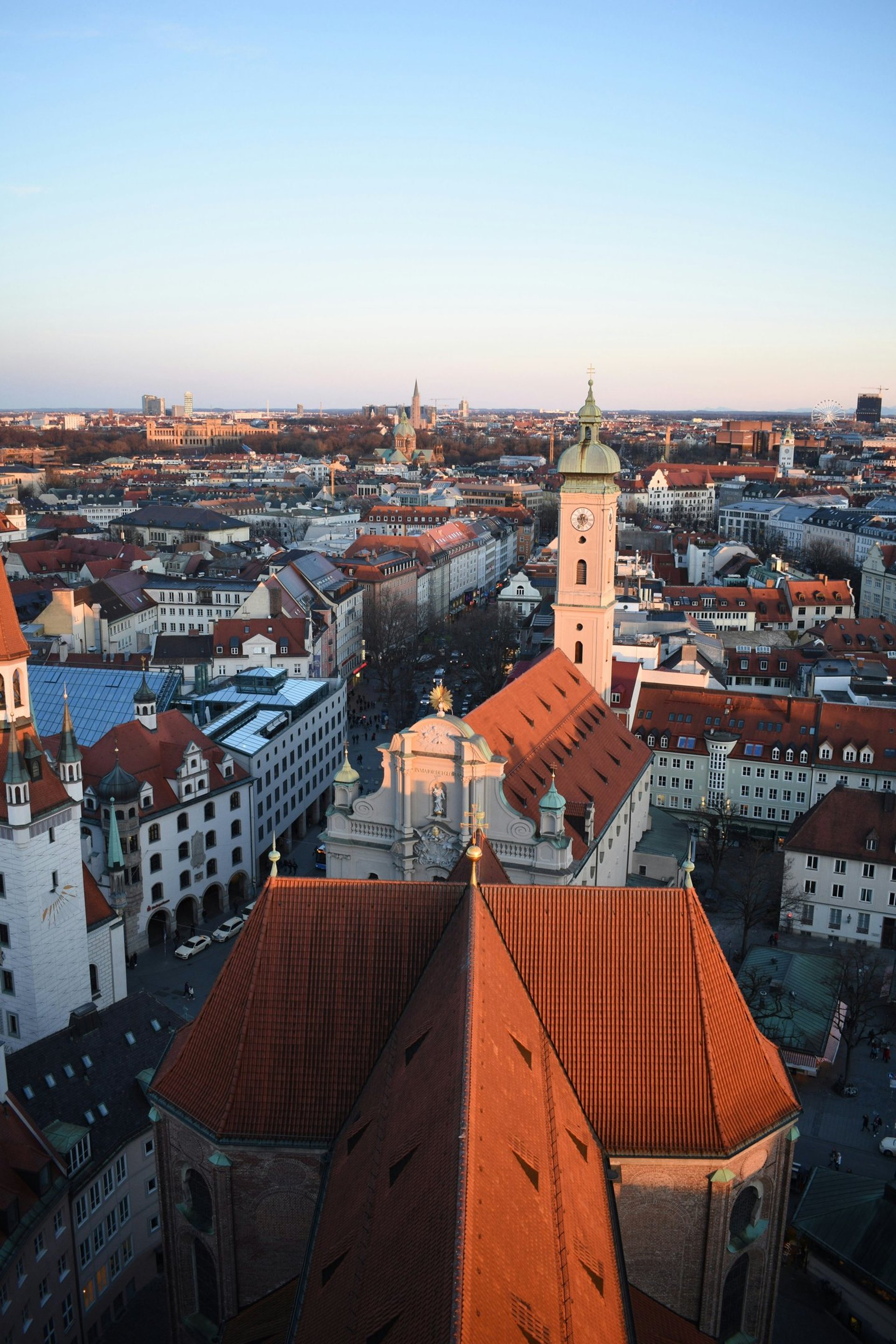
The Gourmet Products Market in Germany
6/3/20241 min read


Germany, the second-largest agricultural power in Europe after France, remains heavily reliant on imports. It is the third-largest global importer of food products, behind the United States and China.
Despite two challenging years, German consumers continue to enjoy some of the highest purchasing power in the EU, aided by an increase in the minimum wage to €12/hour from €9.60 in 2021. However, Germans remain highly price-sensitive, especially in light of the ongoing economic and energy crisis. The discount segment in retail, which had declined in recent years, is once again gaining popularity, along with an increase in sales of private label products, particularly entry-level private labels.
Retailers in 2022 once again experienced the vulnerability of their suppliers' supply chains, prompting them to seek new suppliers. For some, proximity to France and the resulting simpler logistics have become significant criteria in their search.
In 2022, German grocery retailers achieved a turnover of €283 billion, with over 75% of the market share held by four major groups:
26% by the Edeka Group (Edeka - Netto)
21% by the Rewe Group (Rewe - Penny)
18% by the Schwarz Group (Kaufland - Lidl)
11% by the Aldi Group (Aldi Nord - Aldi Süd)12
Follow us
Bringing Europe and Asia Together
+33 6 66 22 27 76
